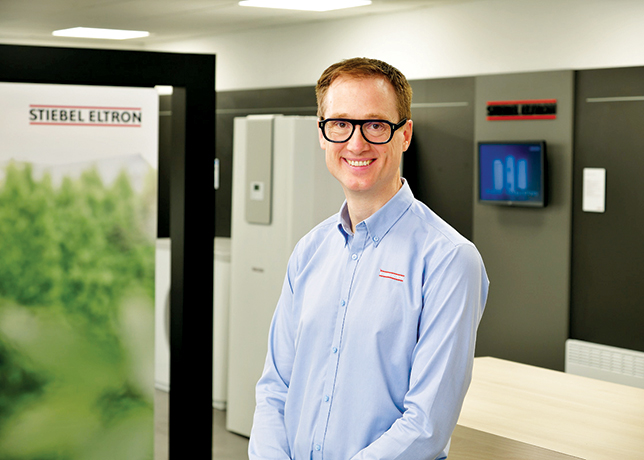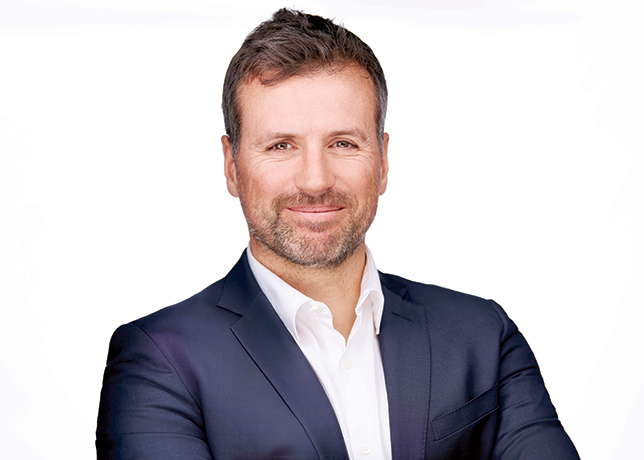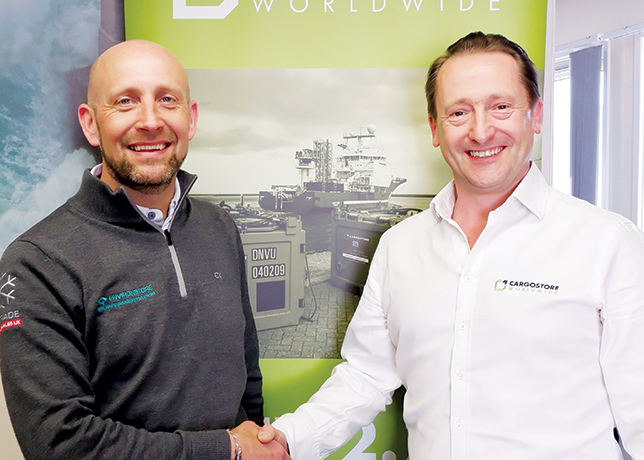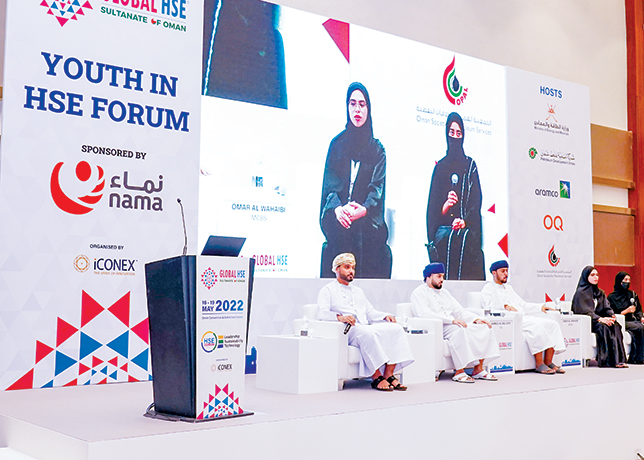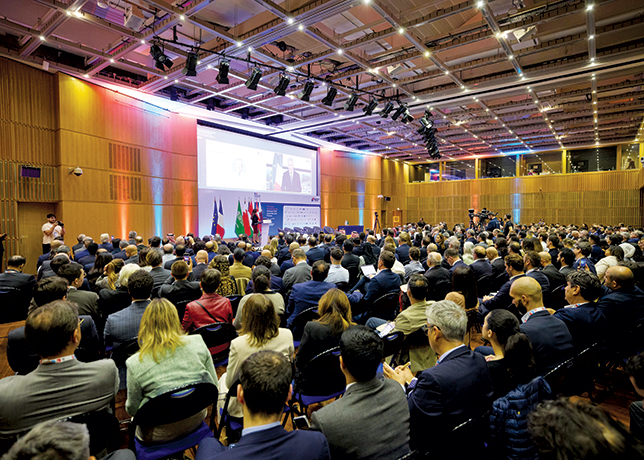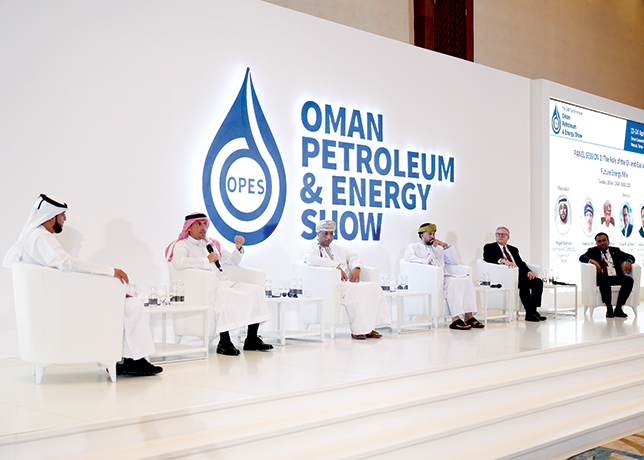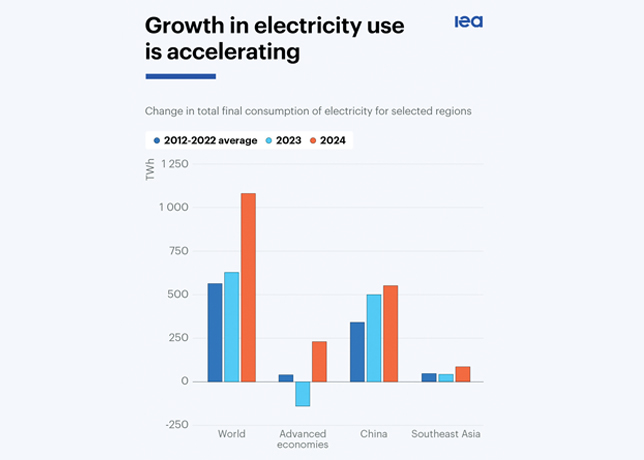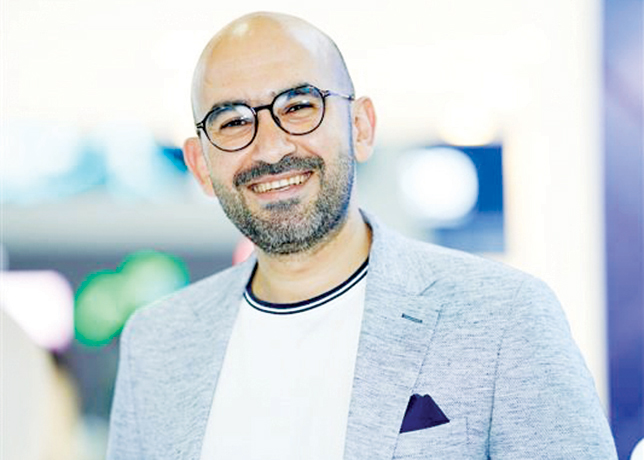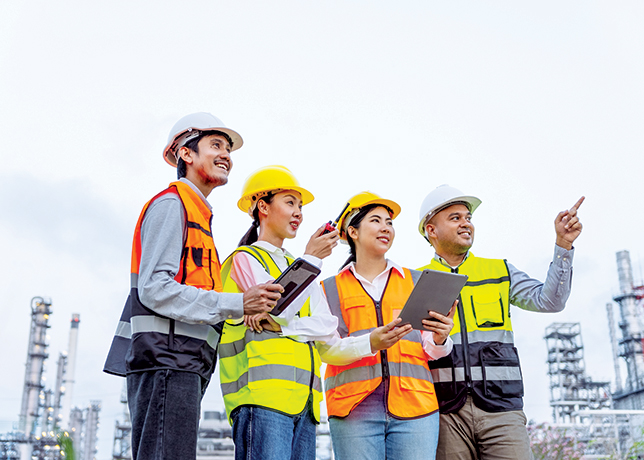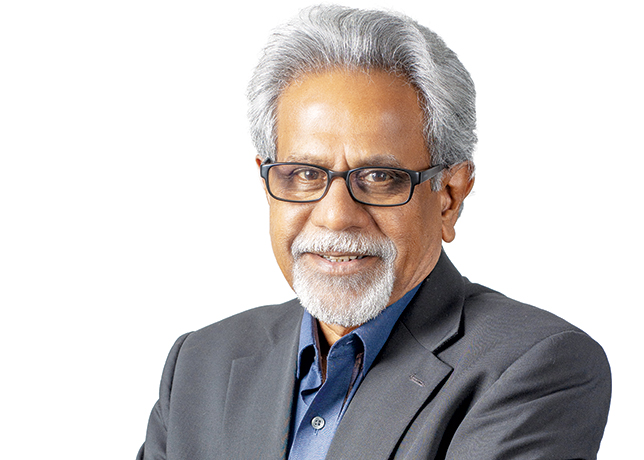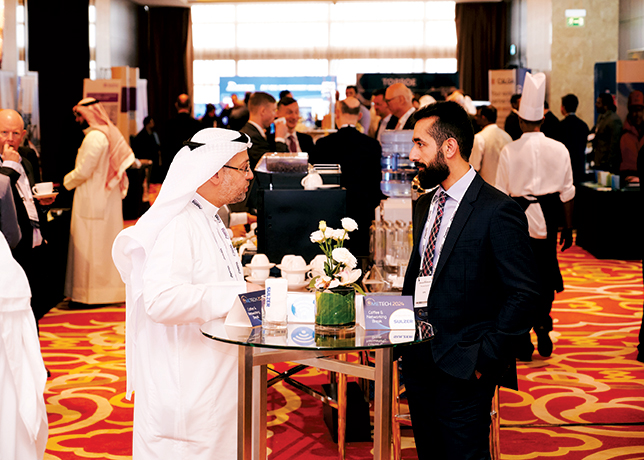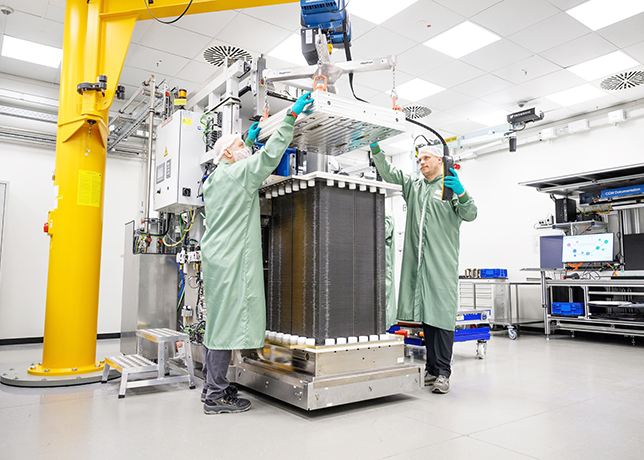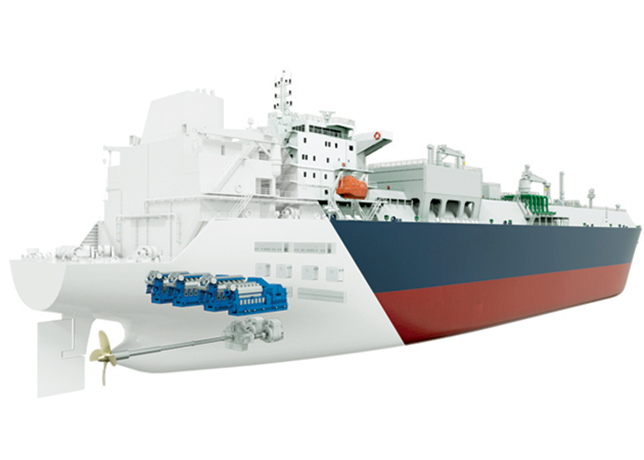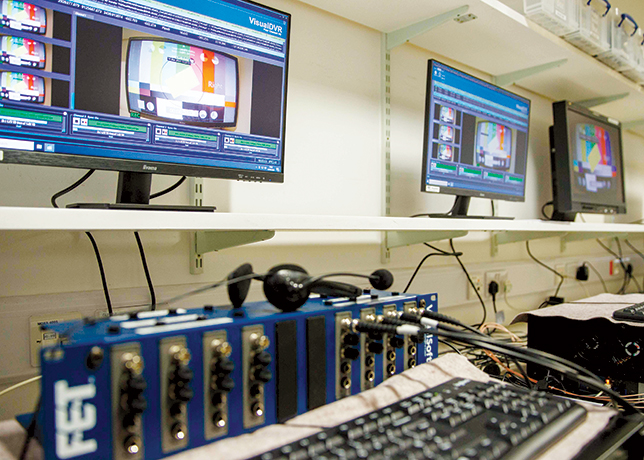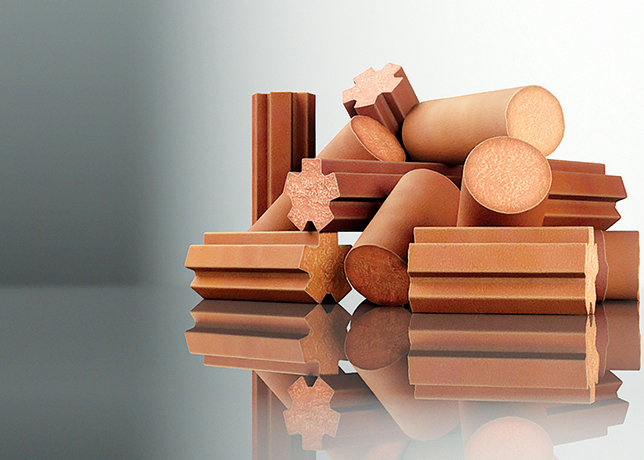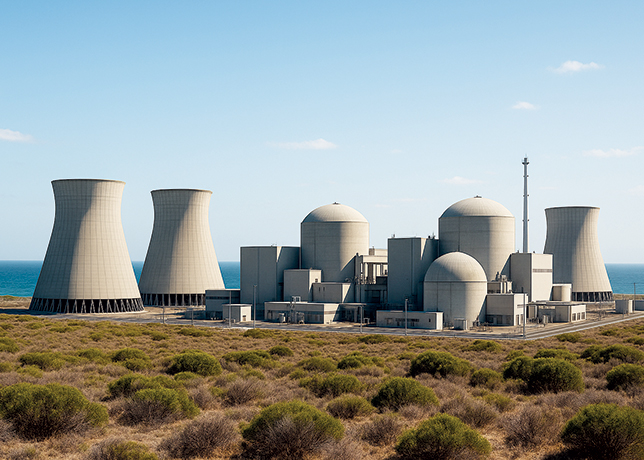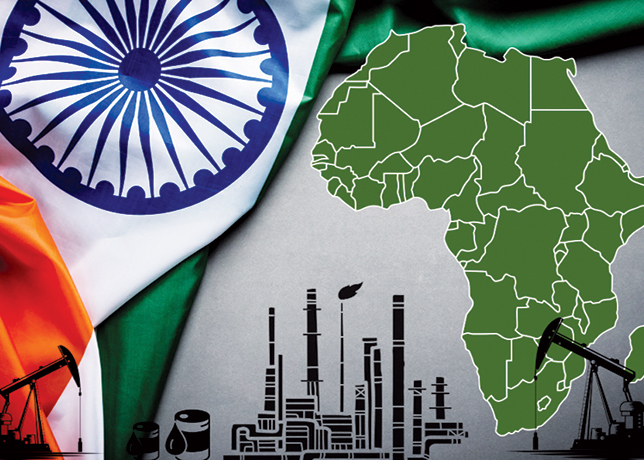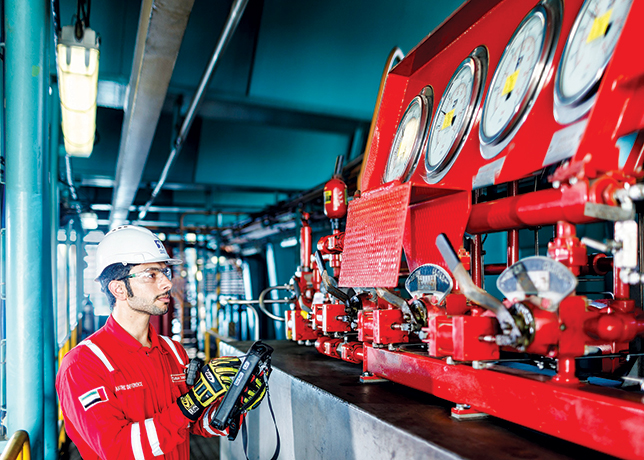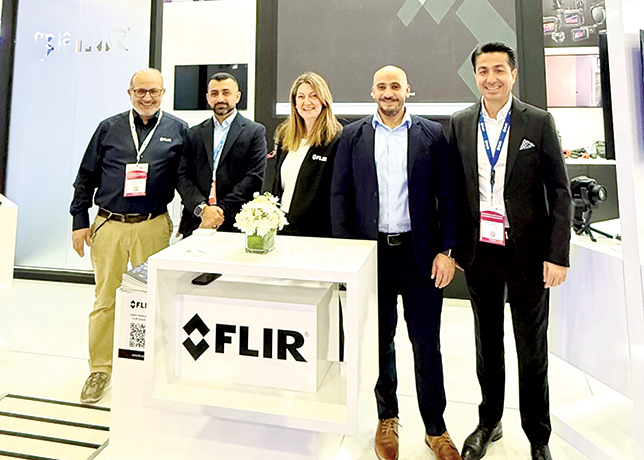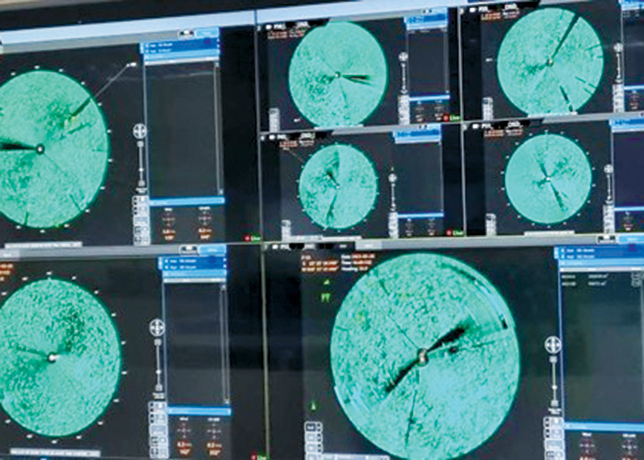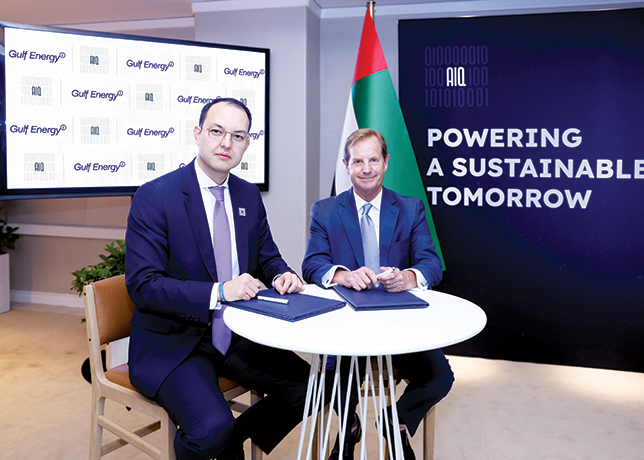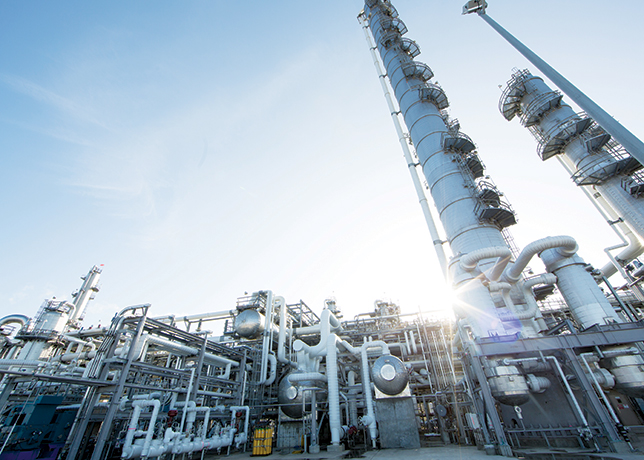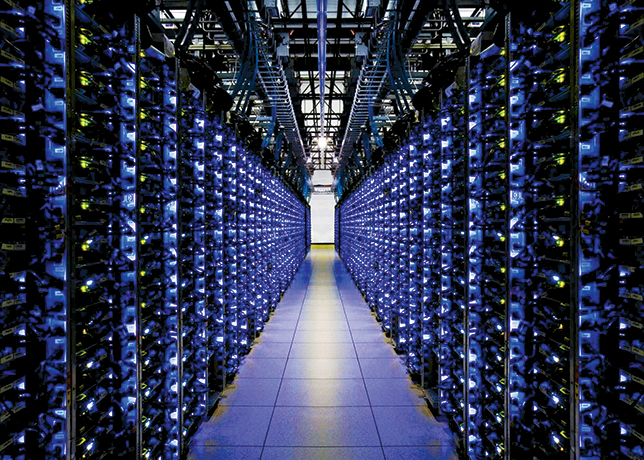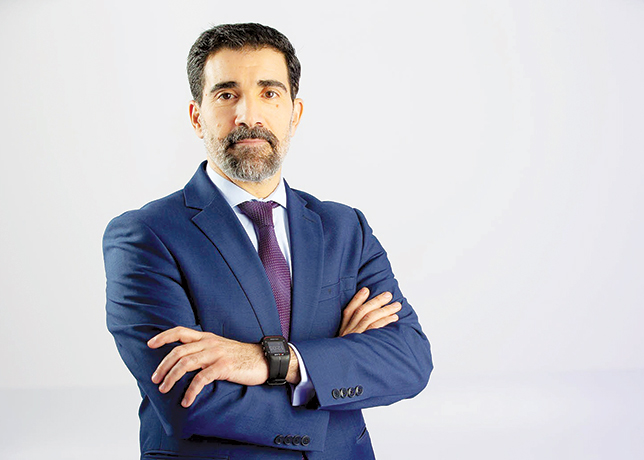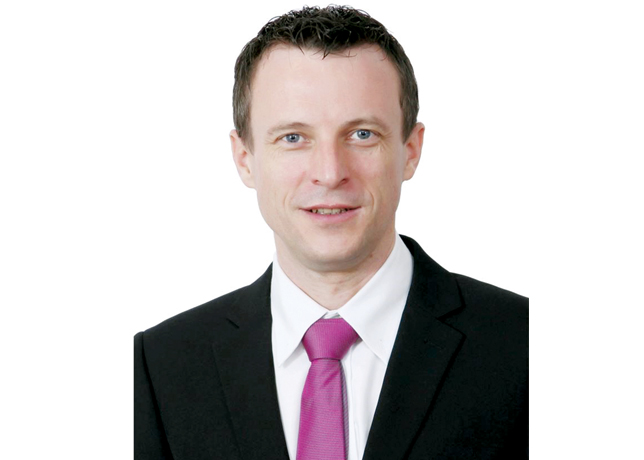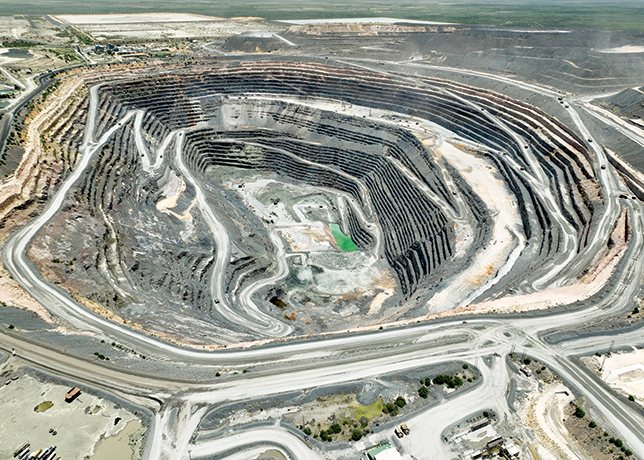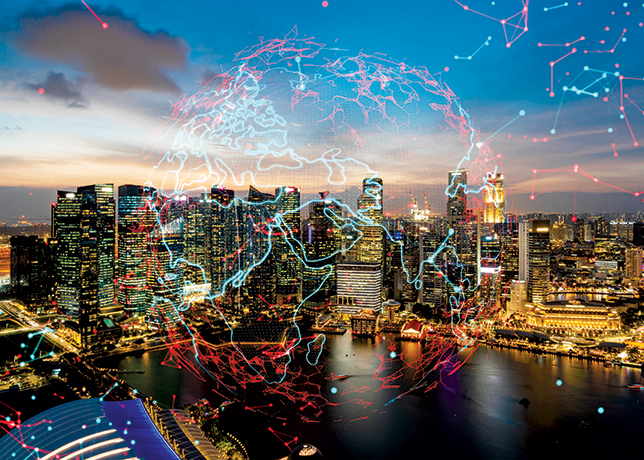
 Major projects set in Jubail
Major projects set in Jubail
The first three projects to be implemented at the two new industrial cities in Jubail and Yanbu involve a capital investment of SR45.35 billion (12.1 billion), according to Prince Prince Saud bin Abdullah bin Thunayan Al Saud, Chairman of the Royal Commission, which has made land allocations to start work on the projects.
He said an oil refinery will be established in Jubail-II by state-owned oil giant Saudi Aramco in association with French oil company Total SA on a five million square metres of land at a cost of SR24 billion.
The refinery will have a daily capacity of 400,000 barrels and will create 1,000 jobs.
The Jubail refinery will manufacture basic petrochemical products, such as benzene, liquidate gas and propylene.
Aramco and Total signed a deal for the project in May last year. Each company will have a 35 per cent stake in the refinery.
Thirty per cent of the firm’s shares will be offered to the public.
Prince Saud said the second location in Jubail-II will go to Sipchem Olefins, one of the major petrochemical projects with an investment of SR20 billion, adding that the plant would create 1,880 new jobs and supply 20 petrochemical products.
The project includes 1.2 million tonnes per year of ethane/propane cracker, a bimodal HDPE, PP, vinyl acetate and polyacrylonitrile.
The third project, a petrochemical plant, will be established in Yanbu-II at a cost of SR1.35 billion, Prince Saud said.
It will cover 200,000 sq m in the new industrial city on the Red Sea coast.
He said the Royal Commission was able to complete infrastructure facilities at the two giant industrial cities within a short span of nine months.
“There is growing demand for space at the two cities from industrialists,” he pointed out.
Custodian of the Two Holy Mosques King Abdullah bin Abdulaziz laid the foundation stone for Jubail-II, which is expected to draw in investments worth SR224 billion and create some 55,000 new jobs.
The new industrial city is situated about three km to the west of Jubail-I.
The Royal Commission will provide all the infrastructure, including roads, utilities, gas, electricity, sea water cooling, potable water, waste water treatment, feed-stock and a product pipeline corridor to King Fahd Industrial Port.
Jubail-II is aimed at capitalising on the country’’s abundant hydrocarbon resources, to optimise economic and social benefits for the Kingdom and to further strengthen an already globally competitive petrochemical industry. Supporting Saudi Arabia’’s national development strategy, the new development is projected to double the size of the Jubail Industrial City by 6,200 hectares.
Abdul Wahab Al-Saadoun, head of the energy sector at the Saudi Arabian General Investment Authority (Sagia), has said: “Throughout the past three decades, the two cities of Jubail and Yanbu have not only succeeded in building and maintaining a modern infrastructure but more importantly, have gained a worldwide reputation for developing and implementing environmental and safety standards, that have become a global benchmark for industrial estates.”



